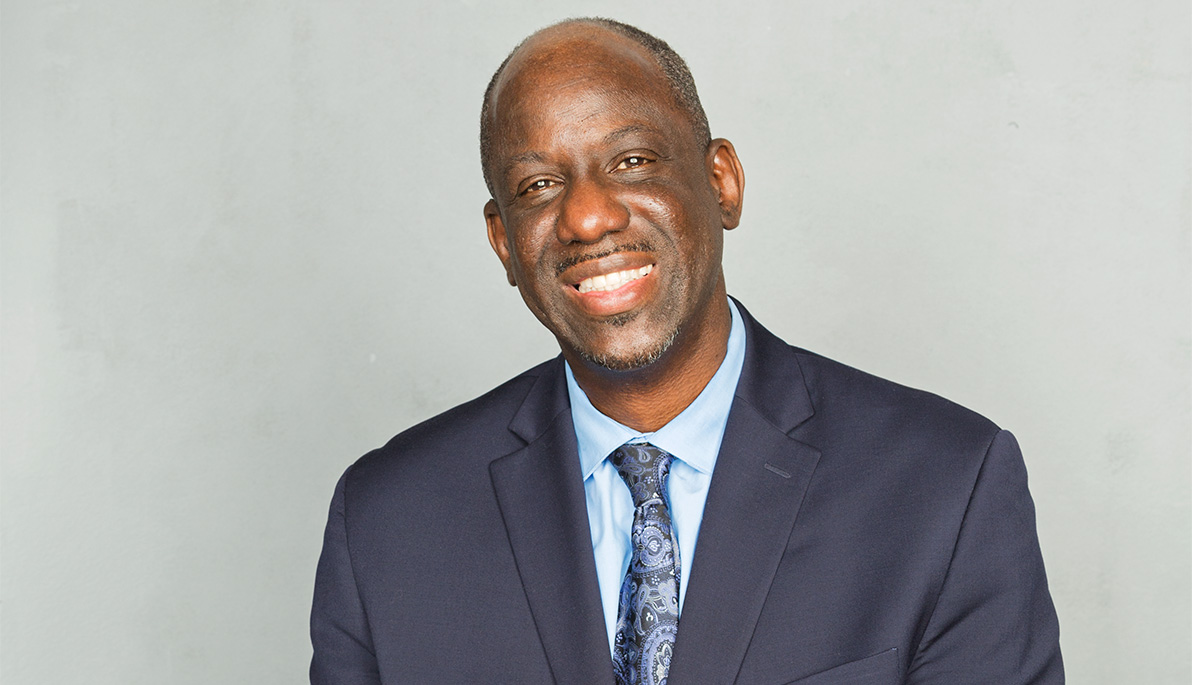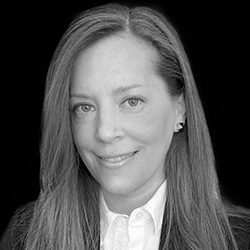News
Q&A: Harlem Fine Arts Show Honors Brian Harper, M.D.
February 14, 2019
On February 15, Brian Harper, M.D., associate professor and chief medical officer in NYIT College of Osteopathic Medicine (NYITCOM), will be honored at the Harlem Fine Arts Show (HFAS) Salute to African Americans in Medicine dinner and awards ceremony.
HFAS is a traveling art show that celebrates the African diaspora by bringing together international, national, and local artists. It also provides a platform to highlight the advances made in the arts, education, economics, and healthcare and those who are working in these fields.
“It is a wonderful venue to support outstanding creative artists and acknowledge community leaders for their efforts,” said Harper. He sat down with The Box to talk about this recognition and why it’s important for African Americans to pursue careers in medicine.
Congratulations on this honor! What does it mean to you to be recognized by the HFAS?
This is quite an honor. Prior to my position at NYIT, I spent about five years working in Harlem at the Ralph Lauren Center for Cancer Care and Prevention as the medical director/chief operating officer. In this role, I spent a considerable amount of time encouraging members of the Harlem community and surrounding areas to be screened (and treated if necessary) for cancer. This entailed speaking at local churches and mosques, community-based organizations, housing projects, and radio programs throughout Harlem. We also developed a number of unique initiatives working with jazz musicians, NBA players, local politicians, and entertainers to support our health promotion initiatives. It is a nice feeling to know that my efforts were appreciated.
Why is it important for African Americans to pursue careers in medicine?
Although 13 percent of the population is black in the United States, just 4 percent of doctors are black. As you may be aware, the African American community often has a higher mortality rate of disease than the general community. Examples include prostate cancer, cervical cancer, and breast cancer. There is data to suggest that when there is cultural/ethnic concordance between patient and physician, medical outcomes are improved. Therefore, it is important to have adequate representation of African American physicians in the health-care workforce.
What advice would you give to aspiring doctors in the African American community?
Becoming a physician is a very long and tedious process. Pursuing a career in medicine requires a lifelong dedication to learning. Excelling in math and the sciences in high school and college is crucial to getting accepted to medical school and being successful. Even if you do not naturally like these areas of study dedication can allow you to excel. Therefore, you must be passionate about medicine and not simply do this to “make money.” On the other hand, medicine is probably one of the most rewarding careers.
Why did you decide to pursue a medical career?
I initially wanted to pursue a career in biomechanical engineering, and I was convinced to pursue medicine by an African American dermatologist who shared with me the need for more African American physicians. I wanted to pursue a career that would be helpful to the community, and since I enjoyed the science of medicine, it was a natural tendency to pursue a career that could help people improve their health.
This interview has been edited and condensed.





